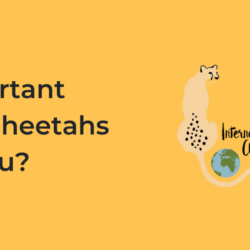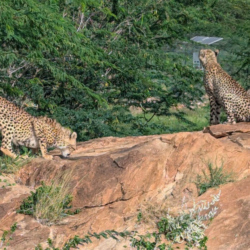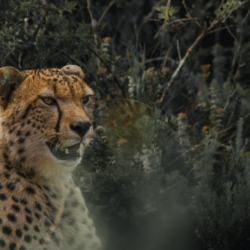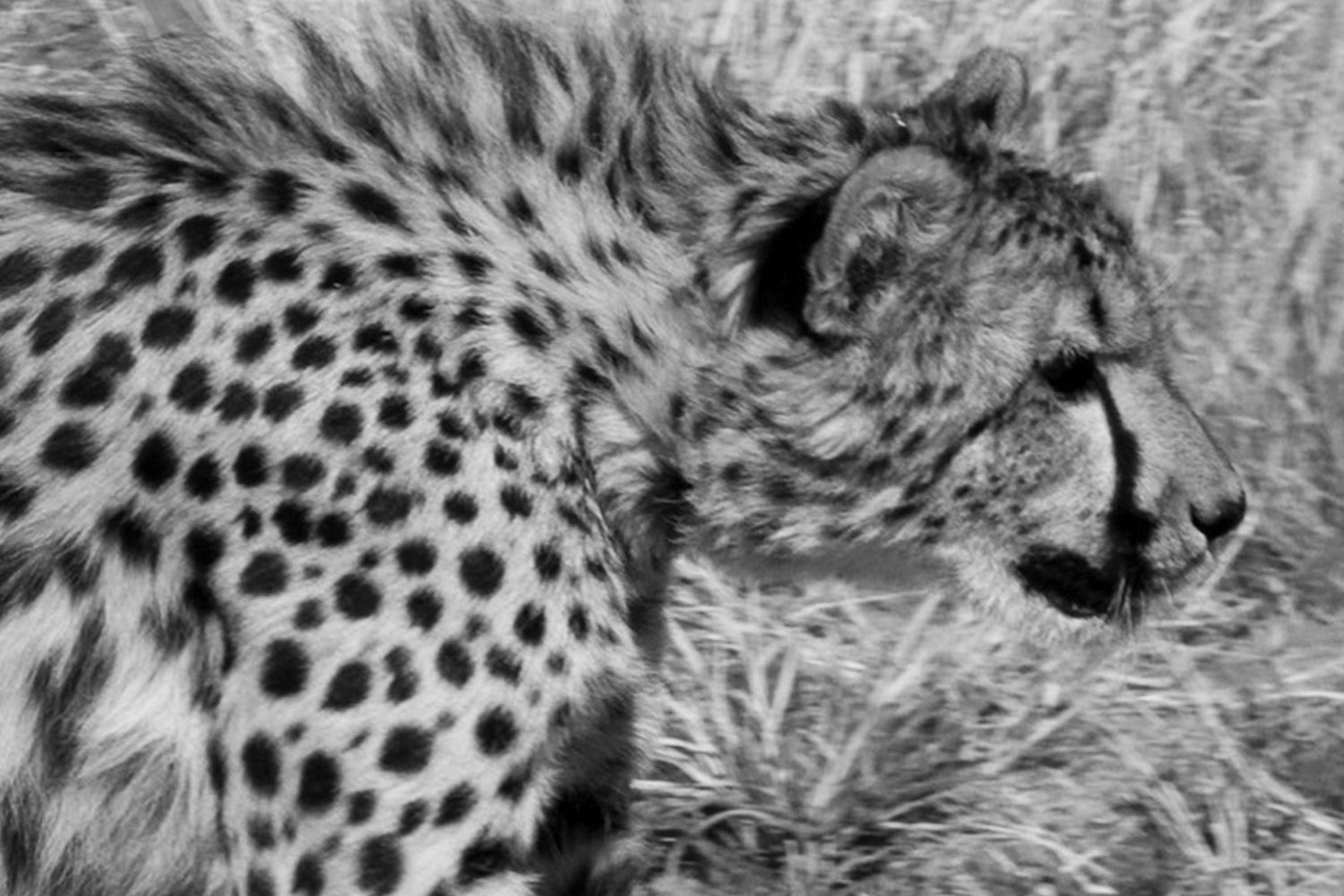Resolving human-wildlife conflict to #KeeptheWildWild
-

- by Hannah Mulvany 9 March 2022
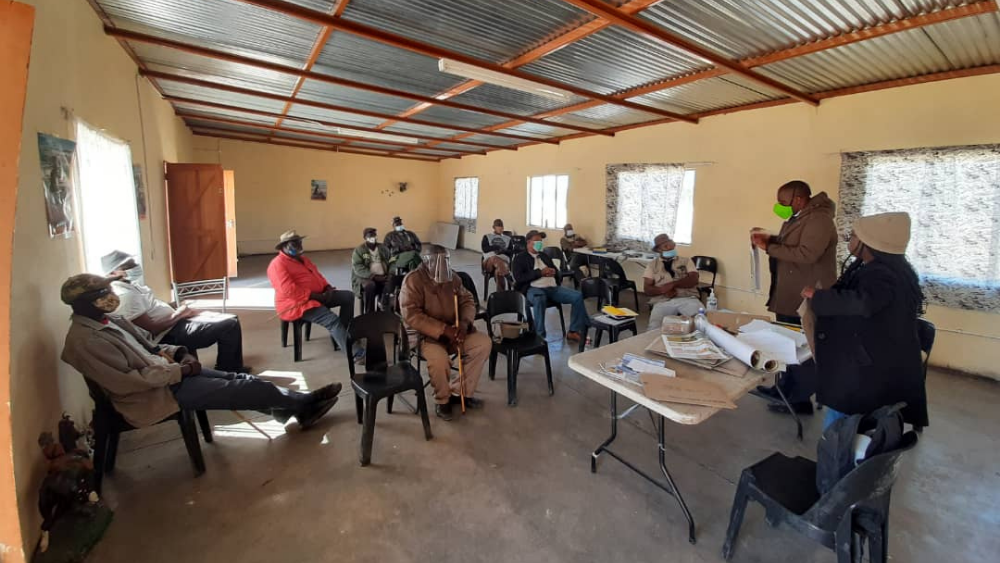
Human population growth has reduced cheetah habitat by more than 90% over the last 100 years, forcing the majority of cheetah populations onto unprotected farmland, alongside livestock and farmers and under constant threat of conflict. With limited natural prey, cheetahs sometimes attack livestock which creates huge financial pressure for farmers and often causes them to retaliate by trapping or killing cheetahs. To Keep the Wild, Wild, we need to work with farmers to reduce conflict through education and training, and grow our programmes to allow us to work in more areas.
Livestock guarding dogs
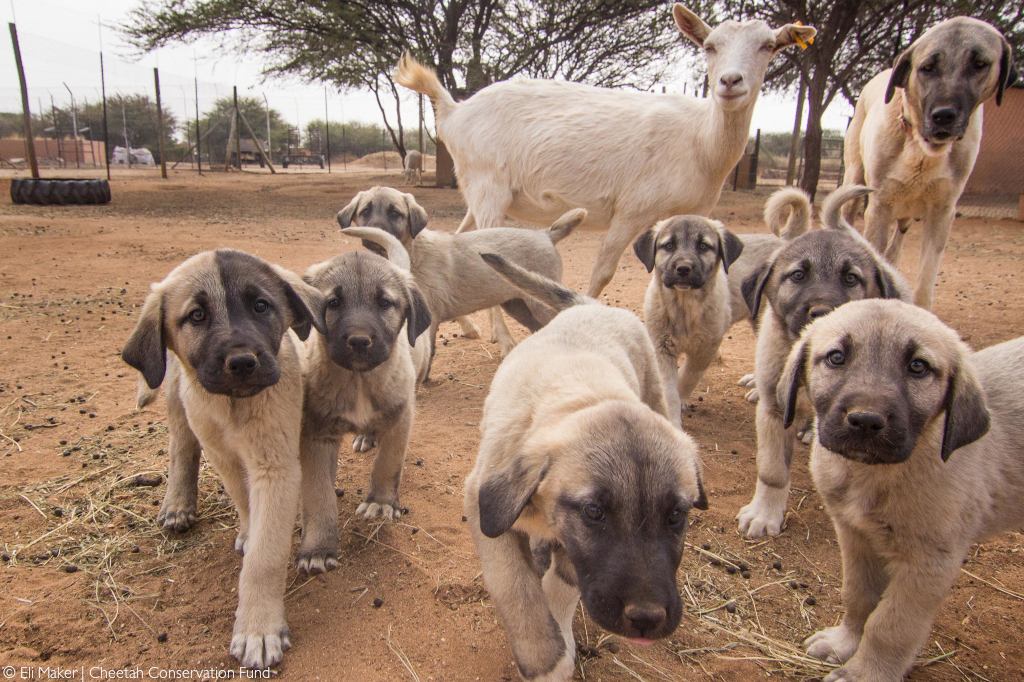
Community outreach
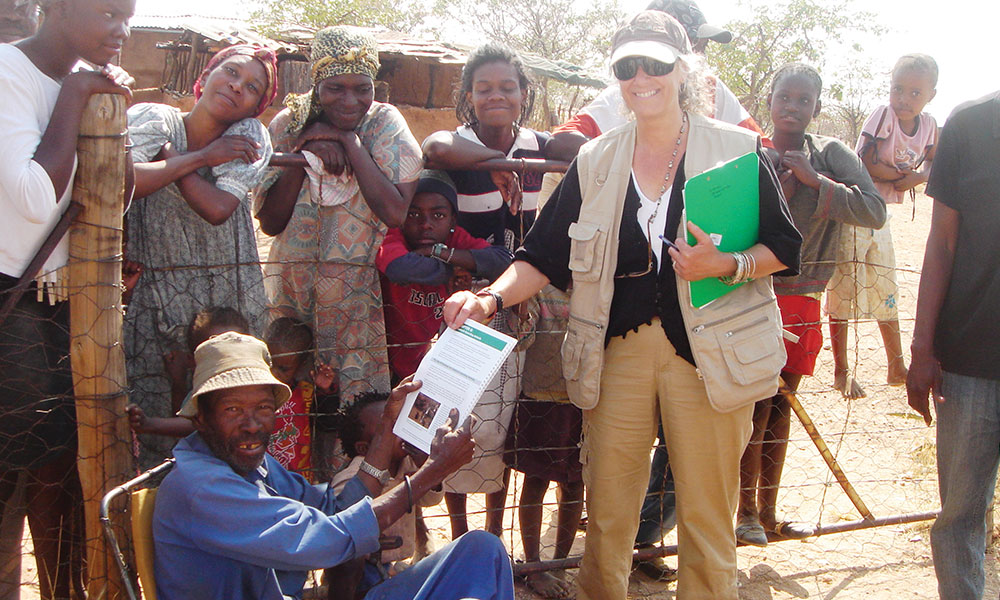
CCF staff are engaged in community outreach efforts across Namibia. CCF responds to calls about problem predators and gives assistance in preventing livestock predation. At every outreach call, helpful educational materials are provided to farmers and technical improvements are suggested to help mitigate livestock losses. CCF staff are continually finding new ways to help rural communities gain solutions that are mutually beneficial to both wildlife and domestic animals. Through our community outreach and training, we can improve the relationship between humans and cheetahs.
Future Farmers of Africa
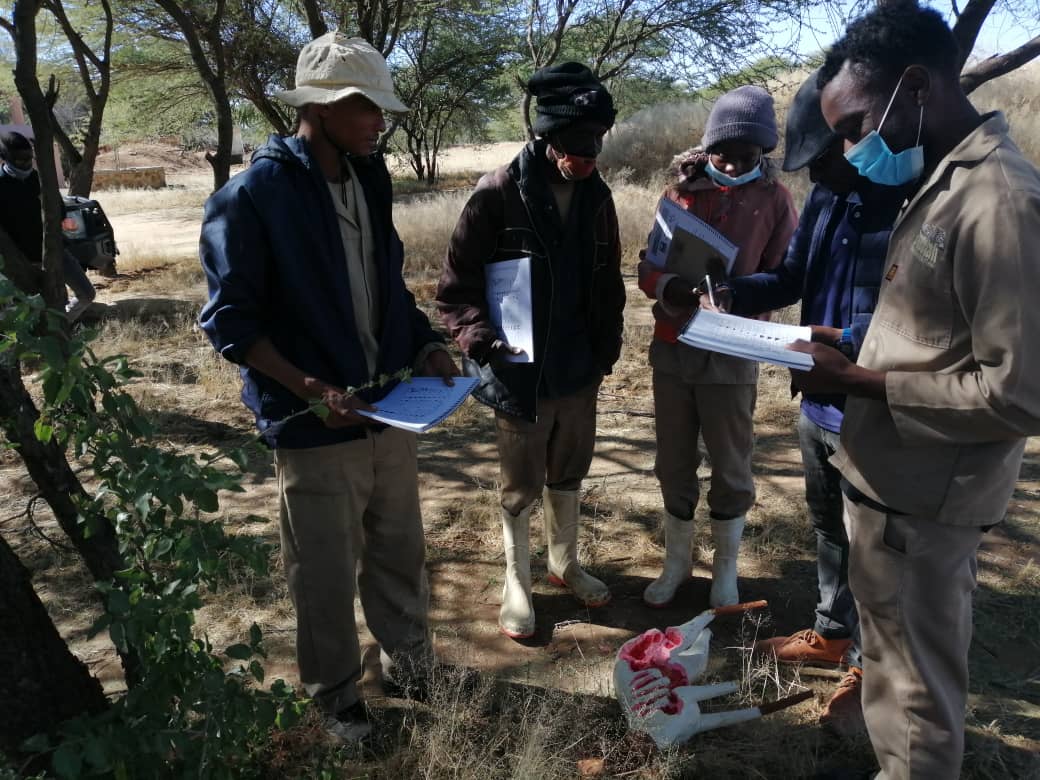
To prevent further cheetah population decline, CCF works with farmers to investigate, develop and implement predator-friendly livestock and wildlife management techniques. The techniques are also exhibited at CCF’s Model Farm, where the farming community can see demonstrations and complete farming coursework. CCF promotes predator-friendly livestock management solutions in farmer publications, agricultural shows, communal meetings, and within agricultural coursework at colleges and universities. By proving that farming can be done in harmony with predators, we are preventing cheetahs from attacking livestock and farmers killing them in retaliation.
Farmer carnivore help hotline
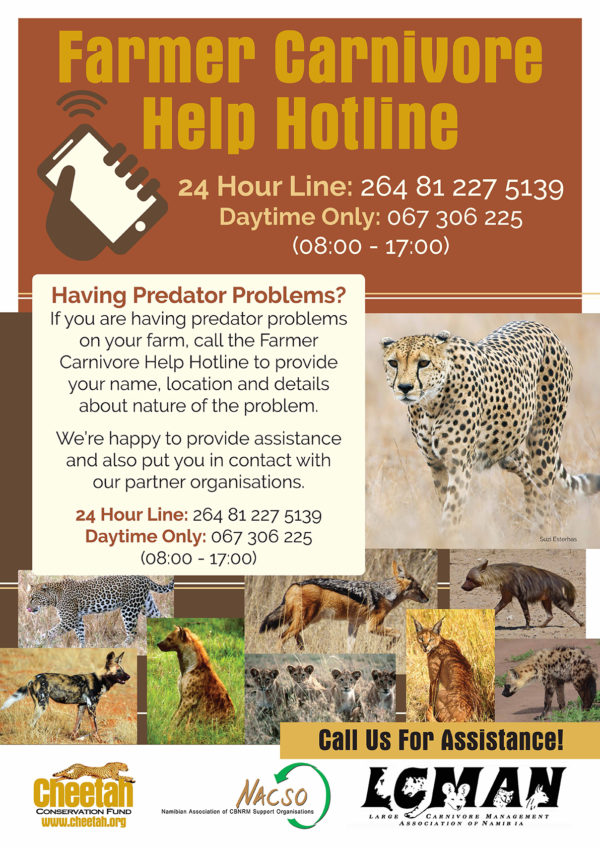
The hotline number is for farmers across Namibia to be able to contact CCF directly 24/7 to freely discuss any issues relating to cheetahs and other carnivores on their farms. These issues can include a problem animal and livestock predation to wanting to gain further information on carnivore ecology. By providing an alternative to trapping or killing predators, we help farmers to live and prosper alongside predators.
If you’d like to support our cheetah-saving work, please consider giving a one-off or regular gift here.
Related Reading
-
30 October 2024
Meet the Bandit Group: a crew of cheetahs aged 9 to 11 months
